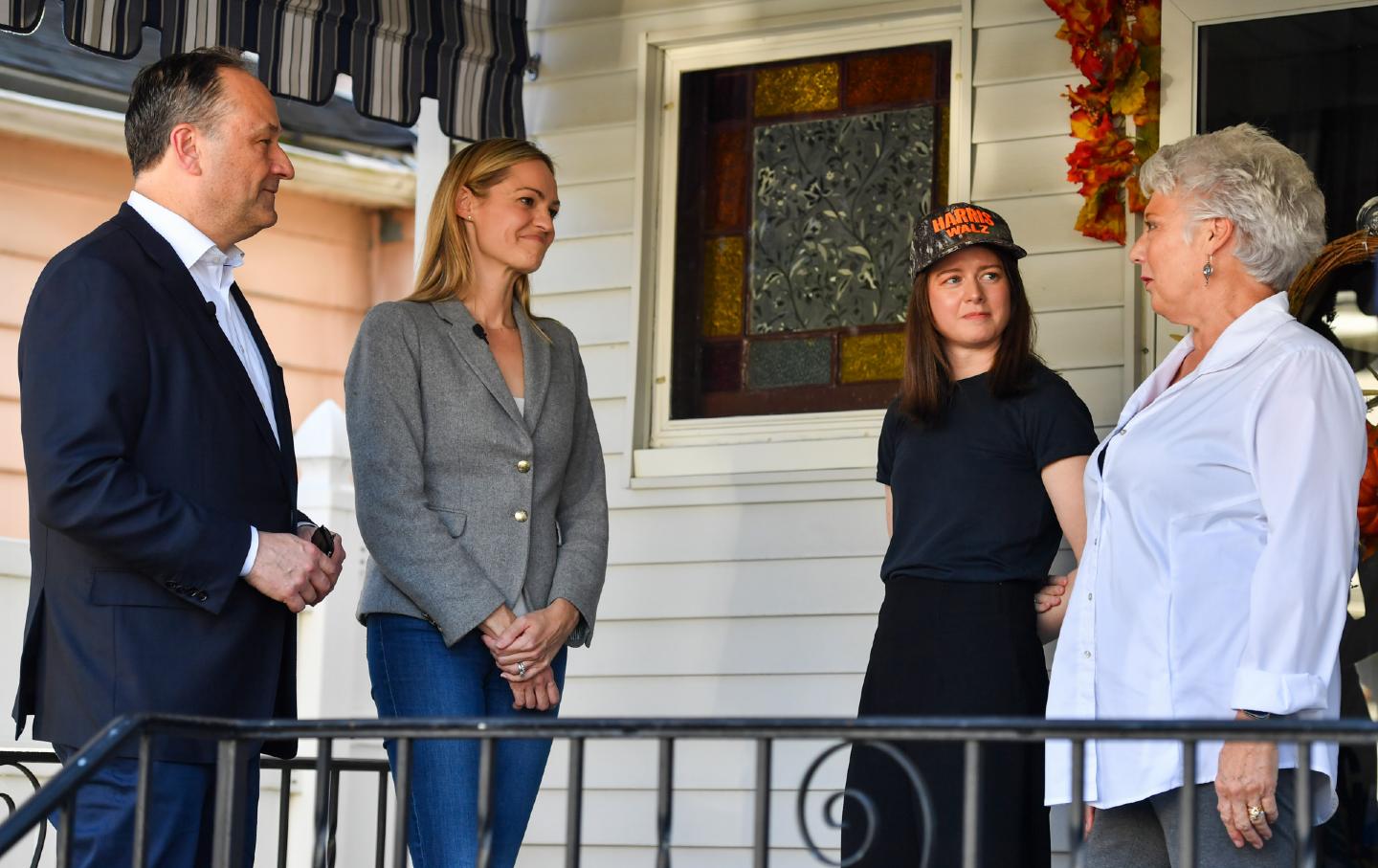Recognizing Indigenous Rights: Uncovering Historical Injustices
Throughout history, indigenous peoples around the world have faced countless injustices and violations of their rights. From forced displacement and exploitation to cultural assimilation and discrimination, these communities have endured systemic oppression for centuries. However, recognizing and addressing these historical injustices is crucial for achieving justice and reconciliation.
Colonization and the subsequent establishment of settler societies have had profound impacts on indigenous peoples. The arrival of European colonizers often led to the dispossession of indigenous lands and resources, as well as the disruption of traditional ways of life. Indigenous peoples were often forced onto reservations, their sacred sites destroyed or desecrated, and their cultural practices suppressed.
One of the most significant historical injustices against indigenous peoples is the violation of their right to self-determination. Indigenous communities have long been denied the right to govern themselves and make decisions about their own lands, resources, and cultural heritage. Instead, they have been subjected to external control and domination, with their voices and perspectives marginalized or ignored.
Furthermore, indigenous peoples have been targets of cultural assimilation policies aimed at eradicating their traditional languages, customs, and beliefs. Indigenous children were often forcibly removed from their families and sent to boarding schools where their native languages and cultural practices were forbidden. This deliberate attack on indigenous identity has had long-lasting effects, leading to a loss of cultural knowledge and intergenerational trauma.
Another historical injustice that must be recognized is the exploitation and extraction of indigenous lands and resources. Indigenous territories have often been targeted for resource extraction, such as mining, logging, and oil drilling, without the free, prior, and informed consent of the affected communities. This has resulted in environmental degradation, loss of biodiversity, and the displacement of indigenous peoples from their ancestral lands.
In recent years, there has been a growing global movement to recognize and address these historical injustices. Indigenous peoples have been asserting their rights and demanding justice, calling for the recognition of their land rights, self-determination, and cultural autonomy. International organizations, such as the United Nations and its agencies, have also played a crucial role in advancing indigenous rights through the adoption of various declarations and conventions.
One of the most significant milestones in recognizing indigenous rights is the United Nations Declaration on the Rights of Indigenous Peoples (UNDRIP). Adopted by the UN General Assembly in 2007, this declaration sets out a comprehensive framework of individual and collective rights for indigenous peoples. It recognizes their right to self-determination, land, and resources, as well as the preservation of their cultural heritage.
However, mere recognition of these rights is not enough. Governments and societies must also take concrete actions to address historical injustices and promote reconciliation. This includes acknowledging past wrongs, providing reparations, and engaging in meaningful dialogue with indigenous peoples to find solutions that respect their rights and aspirations.
Education and awareness are also vital in uncovering historical injustices and promoting understanding and empathy. By incorporating indigenous history, culture, and perspectives into educational curricula, societies can foster respect for indigenous peoples’ rights and contribute to the dismantling of stereotypes and prejudices.
Recognizing indigenous rights and uncovering historical injustices is not only a matter of justice but also an essential step towards building more inclusive and equitable societies. It requires a commitment to challenging and changing the structures and systems that perpetuate these injustices. By working together, we can create a world where indigenous peoples’ rights are respected, their cultures are celebrated, and their voices are heard.





